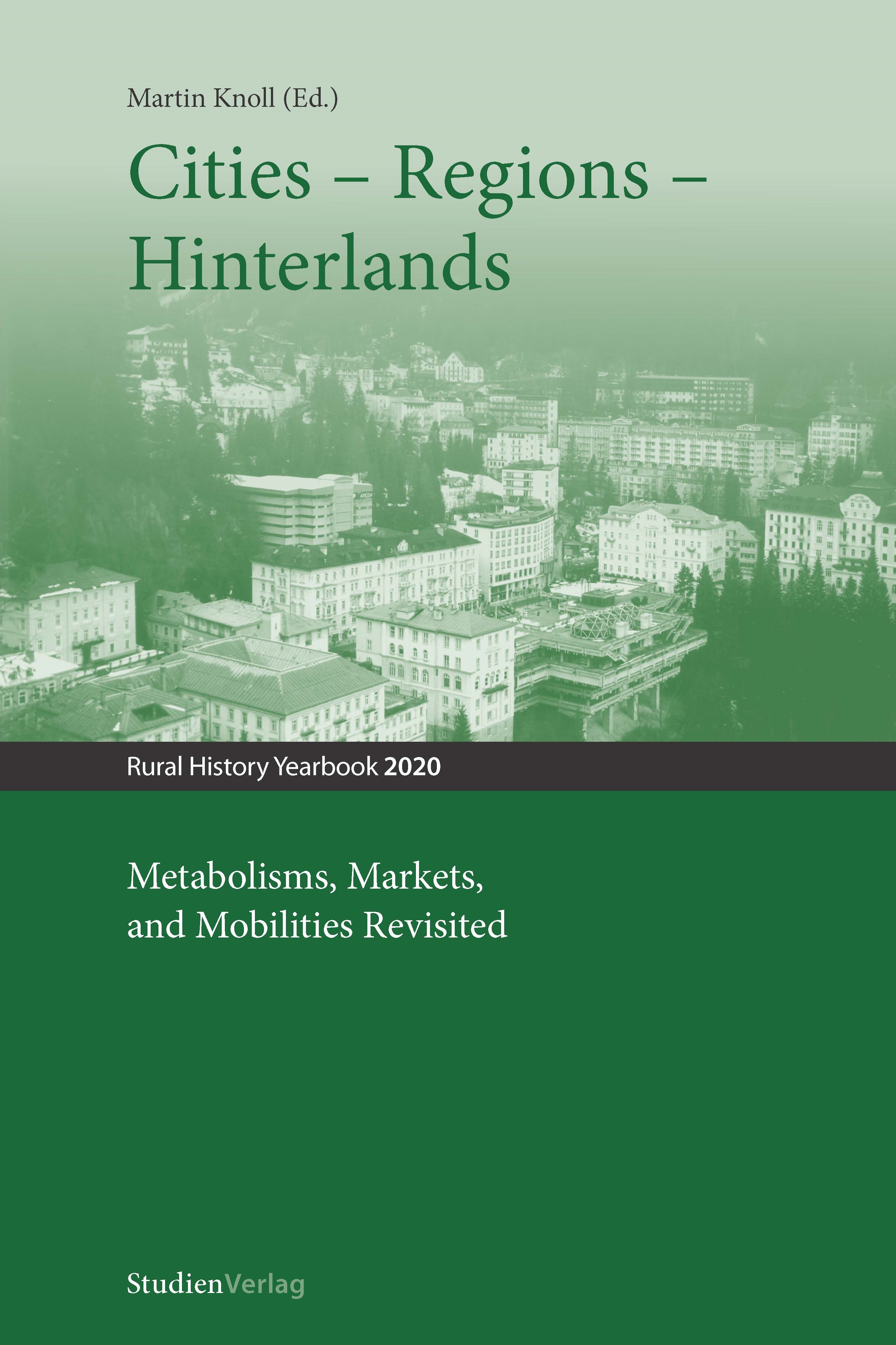The Town as Landlord
Košice and Its Villages before the Abolition of Serfdom
DOI:
https://doi.org/10.25365/rhy-2020-3Schlagworte:
Hungarian history, town as landlord, town-village relationshipAbstract
This paper aims to investigate the complex relationship between a town and its hinterland in the situation where the town acts as landlord for the surrounding settlements. The case study examines the multi-ethnic town of Košice (Kassa in Hungarian), one of the most important centres in the Kingdom of Hungary (and Slovakia’s second largest city today), in the years before the abolition of serfdom by the laws of 1848. As a free royal town, Košice was entitled to possess villages due to the privileges bestowed upon it by the kings of Hungary. The paper first examines the economic aspects of this relationship to provide an over- view of the contribution of the villages to the urban economy. It then focuses on the everyday interactions between the town and its villeins to highlight the characteristics of the behaviour of the city as seigneur from a micro-level perspective. The investigation proves that while the town council’s attitude towards peasants was consistently strict, it never acted in a despotic manner. The peasantry, on the other hand, sought loopholes in the regulations and tried to take advantage of lax control or the seigneur’s generosity. However, the villagers also regarded the city as indispensable for their livelihoods and as vital support in times of crisis.


